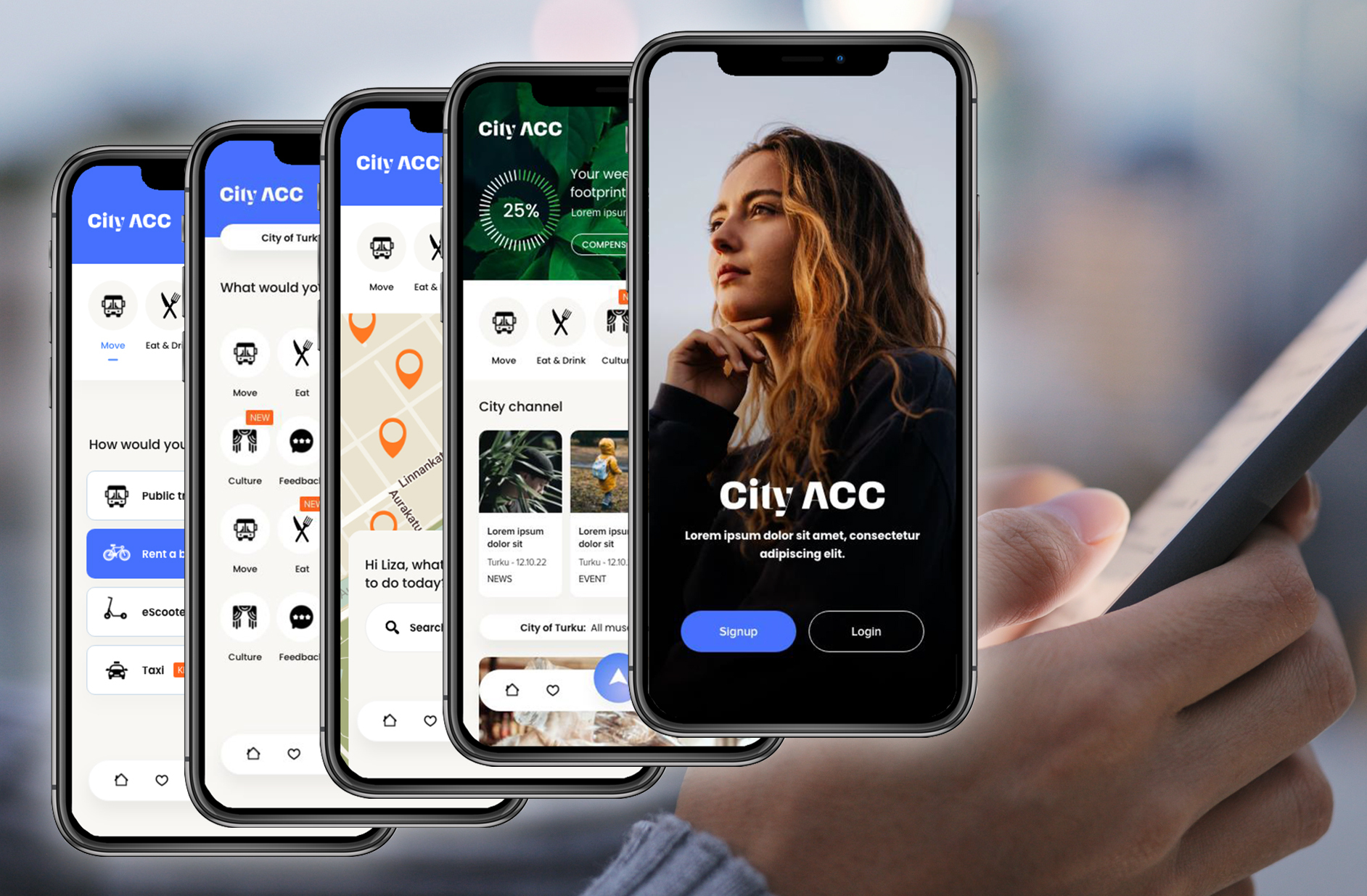By Pirkka Lankinen
CEO of PayiQ
For a NEW company, the first decade is both a promising start and an eternity. Seeing the true essence of one’s business and pinpointing strengths within the ever-shifting technological and commercial landscape invariably takes longer than anticipated. However, around the ten-year mark, assuming the company is still alive, the puzzle pieces begin to fall in place. A decade ago, PayiQ embarked on its journey by vending SMS tickets for public transportation. Today, it stands as a company progressively dedicated to mitigating the environmental footprint of transport.
As is the case with numerous triumphant tech startups in Finland, PayiQ owes a nod, at least in part, to Nokia for its genesis. During its formative two years, PayiQ retailed SMS tickets while concurrently pioneering the technology required for their processing. To accomplish this securely, the company integrated a fraud protection feature licensed from Nokia – a foundational element that endures within PayiQ’s technology landscape.
A pivotal juncture arrived two years into PayiQ’s odyssey when one of its initial investors, Markku Soini, introduced Tuomo Parjanen as both an investor and CEO. Equipped with an extensive Russian network, Parjanen expedited the company’s expansion beyond its domestic boundaries.
In 2015, PayiQ transitioned its services towards mobile ticketing. This evolution coincided with Finland’s fervor for Mobility-as-a-Service. Fueled by available funding, new companies sprouted, and the prospect of a transport revolution seemed imminent. Riding the wave of optimism, PayiQ expanded its footprint from Turku to new cities such as Oulu, Jyväskylä, Lahti, Kuopio, Imatra, Lappeenranta, and Hyvinkää. PayiQ owes a lot of its swift expansion to productive co-operation with Turku public transport. Remarkably, PayiQ remains intact of any security breaches in its payment technology to date.
PayiQ’s horizons further broadened westward when Claes Tellman from Sweden engaged with Esa Tervo, a partner at PayiQ. The Finns were surprised to discover a Swedish company bearing the same name engaged in remarkably similar endeavors. Following swift deliberations involving CEO Tellman and investor Nils-Åke Fahlen, the two entities merged, with the Swedish company becoming a wholly owned subsidiary.
Since inception, PayiQ has actively sought technological and commercial partnerships. Three collaborations have been crucial. VTT – the Technical Research Centre of Finland, along with principal scientist Raine Hautala, has been as a key ally in technological development. Microsoft has been an indispensable partner, furnishing a dependable cloud ecosystem for PayiQ’s services. Additionally, PayiQ has been actively involved in ITS Finland’s operations and co-operated with Finnish networks with the help of Karri Salminen and ITS Finland executive directors.
After five years of operation, PayiQ achieved a remarkable market penetration in its birthplace Turku region, amassing 170,000 users in an area of 300,000, all while maintaining unmatched customer satisfaction levels. Simultaneously, its presence flourished in Russia, encompassing six cities, all while the fraud prevention mechanism operated seamlessly. The company had demonstrated its proficiency in constructing and executing a premier mobile ticketing system and was ready for further expansion.
But then came the shocks of 2020 and 2022 – the onset of Covid-19 and then the Russian incursion into Ukraine – that introduced unprecedented challenges. Pirkka Lankinen, who initially assumed the role of Chief Delivery Officer, ascended to the CEO position in 2021. Lankinen and his team reevaluated and restructured the company while navigating the fiscal repercussions of restricted movement and the necessity to withdraw from the Russian market.
Amidst this struggle for survival, Pirkka and his team embarked on an exploration of fresh ticketing paradigms. If ticketing was a platform how could its potential be expanded? Could it offer avenues for enhanced communication between transport users and providers? Maybe innovative advertising solutions? Or even integrate a carbon footprint tracker? As deliberations unfolded, the ever-evolving technological landscape unveiled new possibilities.
Historically, real-time mobile phone tracking demanded extensive data uploads, burdening battery life and cloud storage. However, the advent of technologies processing location data on the phone itself, transmitted in intervals, heralded a breakthrough. In 2023, PayiQ integrated with a European enterprise, leveraging cutting-edge location and motion tracking technology, and introduced the groundbreaking GreenImpact® feature. This innovation captures the user’s movement patterns and modalities, enabling the calculation of each trip’s carbon footprint and an entirely automated ticketing and charging based on actual travel. This latter innovation mirrors the contemporary payment model for eScooter rides and could well define the future of public transportation fare collection.
As PayiQ strides into its second decade, the legacy of fraud prevention and optimizing the ticketing experience remains ingrained. However, the strategic focus has crystallized around the impending horizon of ticketing: GreenImpact® and Pay-As-You-Go.
















